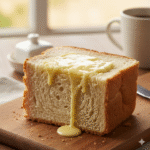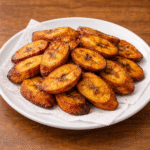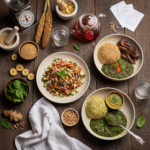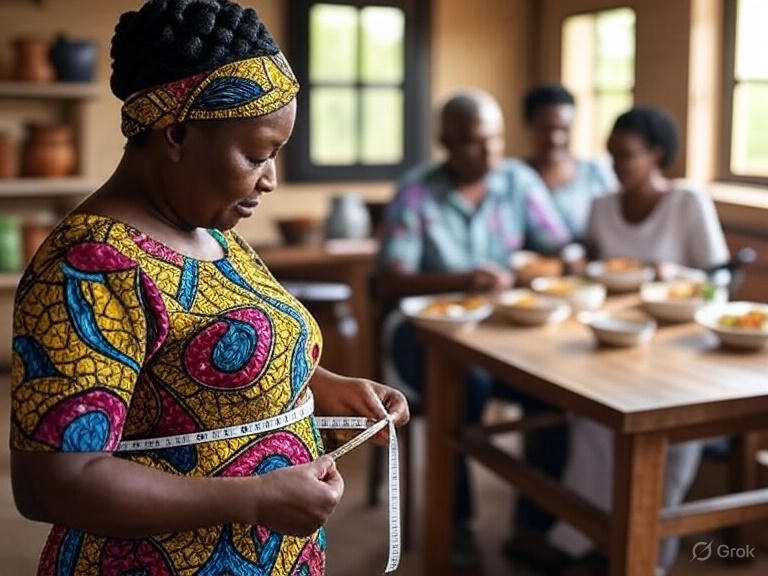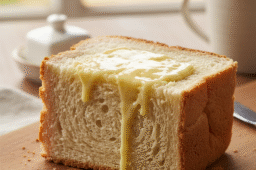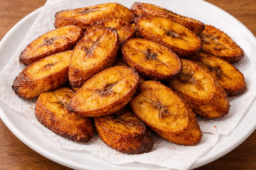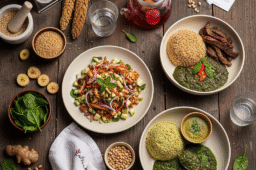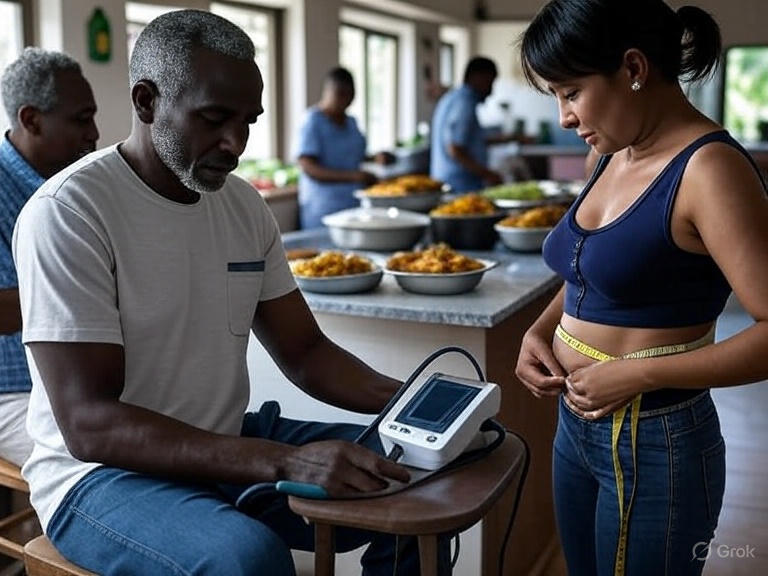
Prevent Silent Killers: Health Screenings & Smart Diets
- September 10, 2025
- by
- Khyra
“You don’t wait for the roof to fall before checking the cracks – the same goes for your body.”
Isn’t it enough to ‘feel fine’ if I’m not visibly sick?
Here’s the truth: feeling fine doesn’t always mean you’re healthy.
In Nigeria today, non-communicable diseases (NCDs) like high blood pressure, diabetes, and obesity are on a silent rise. According to the WHO, 1 in 3 Nigerian adults has high blood pressure and many don’t even know it.
“Silent killers like hypertension often show no symptoms until it’s too late,” warns Dr. Ngozi Okorie, consultant physician at UNTH, Enugu.
That’s why preventive health screenings – not curative pills are your best defence.
✅ Check your blood pressure (BP) every 3–6 months
✅ Know your fasting blood sugar
✅ Monitor cholesterol and BMI, but also measure your waist circumference – a more accurate predictor of metabolic disease than weight alone
What do those numbers (BMI, BP, Waist) actually mean for my health and weight loss?
BMI (Body Mass Index) is a useful tool, but it’s not the full story. A person with “normal weight” could still be metabolically unhealthy if they carry visceral fat – especially around the belly.
Biochemically, belly fat produces inflammatory cytokines like TNF-alpha and IL-6, which raise your risk for insulin resistance and heart disease.
👉 This is where waist circumference comes in:
- For women, aim for <88 cm
- For men, aim for <102 cm
Use a flexible tape at your navel (belly button) after exhaling. Check monthly.
Can diet alone help prevent disease, or do I need fancy supplements?
Yes — and no.
Your everyday meals, not supplements, are your strongest long-term medicine.
Let’s start with low-sodium cooking.
Dishes like egusi soup, miyan kuka, or ofe onugbu are often packed with bouillon cubes and salt. But too much sodium raises blood pressure, dehydrates the cells, and strains the kidneys.
Here’s what to do:
✅ Use iru/dawadawa/ogiri for flavour instead of stock cubes
✅ Add bitter leaves (onugbu), scent leaf (nchuanwu), or baobab leaf (kuka) — they contain polyphenols and flavonoids that support heart health
✅ Cook with ground crayfish, garlic, and turmeric – all natural anti-inflammatory agents
Are sugary drinks really that dangerous — even if I drink water too?
Short answer? Yes.
Sugary drinks — zobo with sugar, malt drinks, sweetened kunu, processed fruit juices deliver glucose spikes that strain your insulin system and contribute to fat storage, especially in the liver and belly.
Sugar activates lipogenesis – the biochemical process of converting excess glucose into fat.
✅ Drink unsweetened zobo, moringa tea, or spiced lemon-ginger water instead.
✅ Replace sugar with local sweeteners like date paste (dabino) in smoothies or pap.
“Sugar is the new tobacco – it’s addictive, hidden in everything, and quietly feeding disease,” says Ibrahim Salihu, Registered Dietitian at Aminu Kano Teaching Hospital.
Is nutrition label reading useful for Nigerian products – or is it too foreign?
It’s not foreign. It’s survival.
Many Nigerians are shocked when they find out:
- A “low-fat” yoghurt contains over 5 teaspoons of sugar
- “Healthy cereal” may have more calories than a full plate of rice and stew
So, here’s how to read:
📌 Check sugar (aim for <5g per 100g)
📌 Check sodium (aim for <200mg per serving)
📌 Ignore marketing buzzwords – “natural,” “lite,” “fortified” doesn’t mean healthy
Train yourself to look beyond the packaging hype – that’s where real empowerment starts.
Can a lifestyle of “checking small things” really prevent big problems?
Absolutely. Small actions create lasting transformation.
Each step you take , replacing that soda with herbal tea, cooking with iru instead of seasoning cubes, doing a 15-minute daily walk, or checking your blood pressure quarterly, creates a ripple effect in your body’s biochemical balance.
Consistent healthy habits:
- Lower your cortisol (stress hormone)
- Improve insulin sensitivity
- Support leptin function (which controls hunger)
✅ Actionable Steps You Can Start Today:
- Measure your waist today. Log it. Check monthly.
- Book a basic health screening at your nearest PHC (Primary Health Centre).
- Reduce your seasoning cube intake by 50% this week.
- Try a week without sugary drinks , just water, lemon, zobo, or moringa tea.
- Start reading food labels especially on cereals, drinks, and canned goods.
- Cook with whole ingredients, beans (ewa/akidi/wake), unripe plantains, millet (gero), baobab leaf (kuka).
Why this matters for your future (and your family’s)
Nigeria is facing a quiet health crisis: rising rates of obesity, diabetes, stroke, and even childhood hypertension. But we don’t need to follow that path.
Culturally rooted, scientifically informed, and actionable nutrition education is the bridge between survival and thriving.
Let your lifestyle be your first medicine – and let that medicine be tasty, local, and smart.
🔍 SEO Keywords for this Post
- Preventive health tips for Nigerians
- How to check blood pressure at home
- Waist circumference vs BMI Nigeria
- Healthy Nigerian meals for weight loss
- Low sodium Nigerian soups
- How to reduce sugar in Nigerian diet
- Nutrition label reading for beginners Nigeria
- Diet education Nigeria 2025
🎯 Final Takeaway: Be your own health advocate – before your health becomes your emergency
🧠 Knowledge is free. Disease is not.
🎯 Prevention is powerful. Treatment is expensive.
💡 Starting small today prevents suffering tomorrow.

